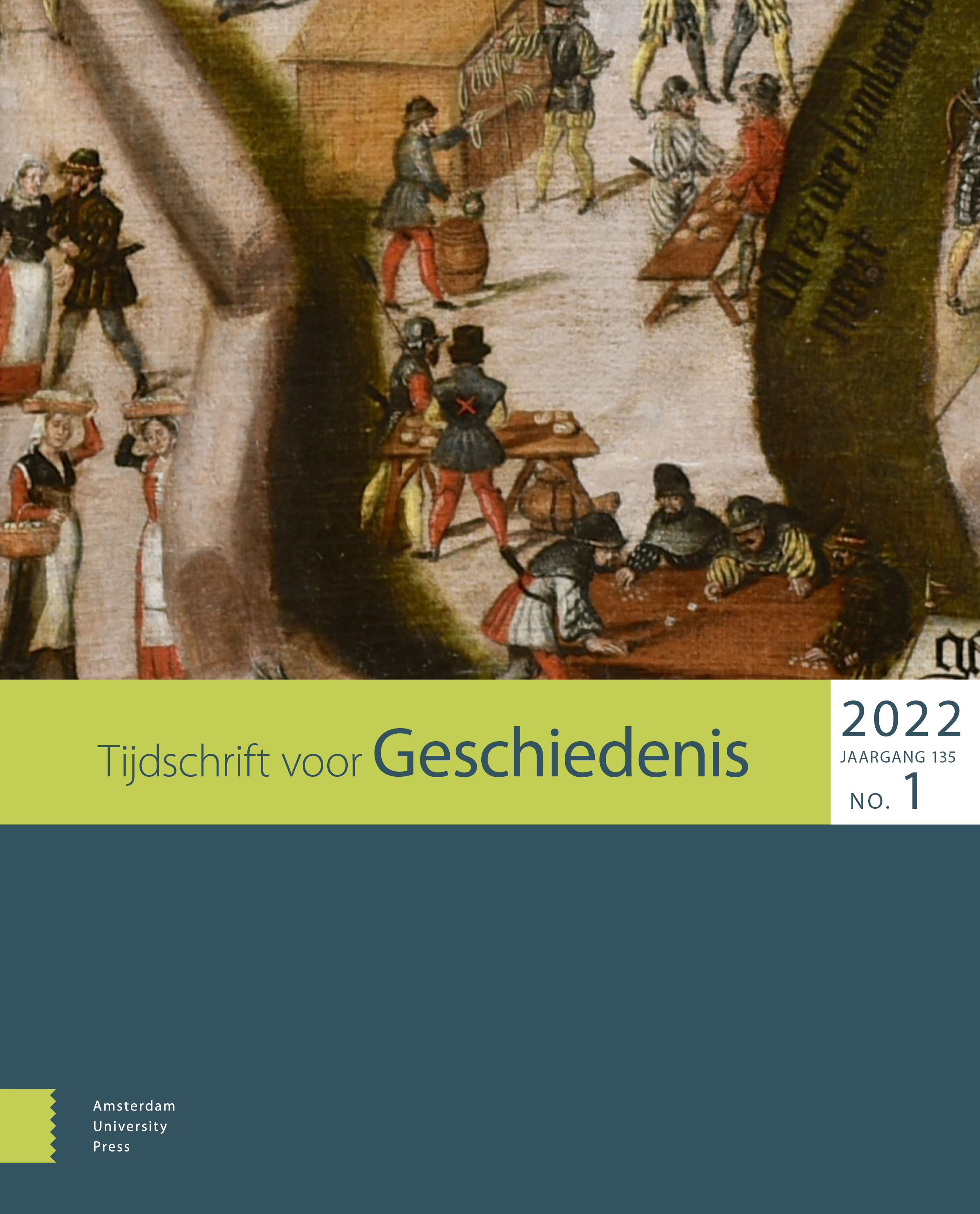-
oa Voetnootpraktijken
- Amsterdam University Press
- Source: Tijdschrift voor Geschiedenis, Volume 133, Issue 1, Jun 2020, p. 77 - 87
-
- 01 Jun 2020
Abstract
On footnotes
Footnotes are a crucial part of the historian’s craft. Yet, they are often construed as no more than tools, used by historians, and scientists, to refer to sources and relevant literature. By looking at several student handbooks on history writing and recent studies on annotation practices, we argue in this discussion article that footnotes are more than simple references to other people’s work and that historians would do well to reflect on this. Footnotes can help historians construct historiographical and scientific discussions, and are therefore inextricably linked to politics of representation, inclusion and exclusion. Footnotes, we argue, fulfill a social and political function as knowledge brokers. With the rise of citation indexes problems of self-citation and gender misattribution have recently received more attention. Research into the uses and misuses of footnotes can shine a light on citation practices that reflect inequalities within academia. Therefore, it is worth considering more closely what happens in the literal margins of history writing.


